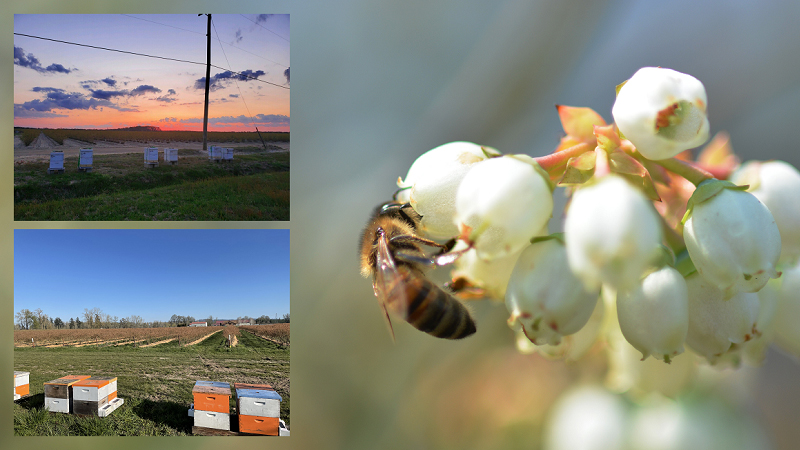New Solution To Control Goat Weed in Citrus Gains Steam
Goat weed, a native perennial, is found throughout the Southeast U.S., from Texas, east to South Carolina, and south to Florida. It poses major challenges for citrus. “It produces many seeds and is relatively tolerant to many of the herbicides utilized in citrus production,” says Ramdas Kanissery, the lead University of Florida researcher on a new study that shows farmers a two-pronged approach to control goat weed.
The study found that using steam and a low dose of herbicide helped control goat weed better than a higher dose.
Normally, growers use herbicides to keep the weed under control. Some are more effective than others, depending on the timing of their use. Further, scientists are looking for herbicide alternatives to help preserve the environment.
“To put things into perspective, it takes three to four times the usual herbicide dose to control goat weed in citrus groves compared to other weeds,” Kanissery says. “Our previous research has shown that steam application can weaken even tough weeds.”
The intense heat from steam makes the water inside the cells of weeds turn into vapor fast. This rapid change builds up pressure, causing the cells to burst and disrupts their normal functions. This weakens the weed, making it more susceptible to further damage, he says.
For the experiment, scientists aimed to weaken goat weed with steam and enhance the impact by applying a contact herbicide like paraquat—what Kanissery calls a “double whammy” approach.
“This approach can control weeds in citrus orchards. It reduces the chemical footprint on soil and groundwater, provides effective weed control and reduces the probability of developing resistance in goat weed against high dosages of paraquat use in the future,” he says.









